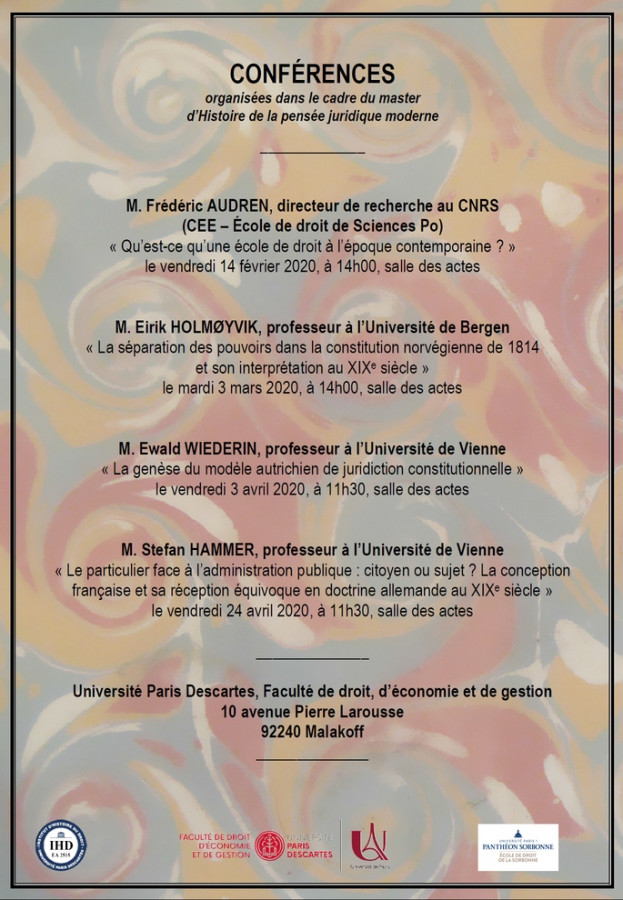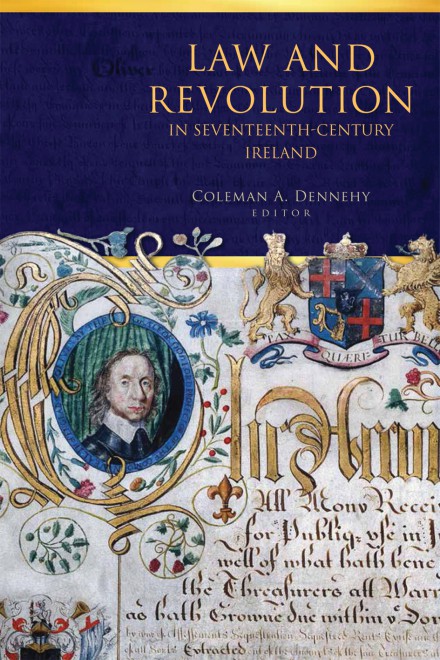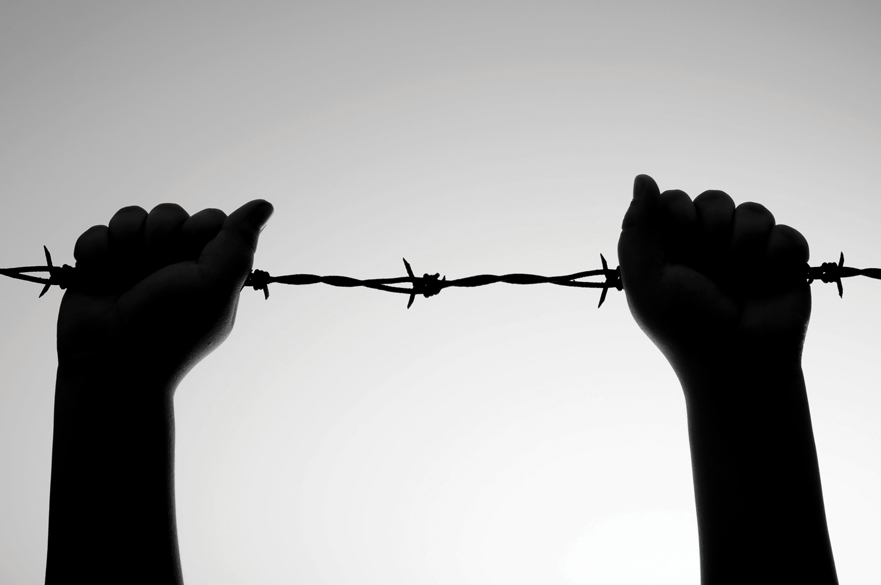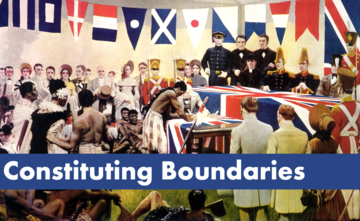(Source: H-Announce)
Via H-Announce,
we learned of the 2020 Law and Humanities Junior Scholars Workshop.
2020 LAW AND HUMANITIES JUNIOR
SCHOLARS WORKSHOP
Call for Papers
Columbia Law School, Georgetown
University Law School, Stanford Law School, UCLA School of Law, the University
of Pennsylvania, and the University of Southern California Center for Law,
History, and Culture invite submissions for the nineteenth meeting of the
Law and Humanities Junior Scholars Workshop, to be held at UCLA School of
Law in Los Angeles, CA, on Sunday, June 7, and Monday, June 8, 2020.
ABOUT THE WORKSHOP
The paper competition is open to
untenured professors, advanced graduate students, and post-doctoral scholars in
law and the humanities. In addition to drawing from numerous humanistic fields,
we welcome critical, qualitative work in the social sciences. We are especially
interested in submissions from members of traditionally underrepresented
groups. We welcome submissions from those working at regional and
teaching-intensive institutions.
Based on anonymous evaluation by
an interdisciplinary selection committee, between five and ten papers will
be chosen for presentation at the June Workshop. At the Workshop, two
senior scholars will comment on each paper. Commentators and other Workshop
participants will be asked to focus specifically on the strengths and
weaknesses of the selected scholarly projects, with respect to subject and
methodology. The selected papers will then serve as the basis for a larger
conversation among all the participants about the evolving standards by which
we judge excellence and creativity in interdisciplinary scholarship, as well as
about the nature of interdisciplinarity itself.
The selected papers will appear
in a special issue of the Legal Scholarship Network; there is no other
publication commitment. (We will accommodate the wishes of chosen authors who
prefer not to have their paper posted publicly with us because of publication
commitments to other journals.)
The Workshop will pay the
domestic travel and hotel expenses of authors whose papers are selected for
presentation. For authors requiring airline travel from outside the United
States, the Workshop will cover such travel expenses up to a maximum of $1000.
SUBMISSION INSTRUCTIONS
Papers must be works-in-progress
that do not exceed 15,000 words in length (including footnotes/ endnotes); most
papers selected for inclusion in recent years have been at least 10,000 words
long. An abstract of no more than 200 words must also be included with the
paper submission. A dissertation chapter may be submitted, but we strongly
suggest that it be edited so as to stand alone as a piece of work with its own
integrity. A paper that has been submitted for publication is eligible for
selection so long as it will not be in galley proofs or in print at the time of
the Workshop; it is important that authors still be in a position at the time
of the Workshop to consider comments they receive there and to incorporate them
as they think appropriate in their revisions.
We ask that those submitting
papers be careful to omit or redact any information in the body of the paper
that might serve to identify them, as we adhere to an anonymous or “blind”
selection process.
Submissions (in Microsoft Word—no
pdf files, please) will be accepted until December 2, 2019, and
should be sent by e-mail to: juniorscholarsworkshop@sas.upenn.edu.
Please be sure to include your name, institutional affiliation (if any), and
phone and e-mail contact information in your covering email, not in the paper
itself.
For more information, please send
an email inquiry to juniorscholarsworkshop@sas.upenn.edu.
To see selected papers from some
previous years’ workshops, go to:
Anne Dailey, University of Connecticut Law School
Katherine Franke, Columbia Law School
Sarah Barringer Gordon, University of Pennsylvania
Sarah Barringer Gordon, University of Pennsylvania
Nan Goodman, University of Colorado
Ariela Gross, University of Southern California
Martha Jones, Johns Hopkins University
Ariela Gross, University of Southern California
Martha Jones, Johns Hopkins University
Naomi Mezey, Georgetown University Law Center
Paul Saint-Amour, University of Pennsylvania
Paul Saint-Amour, University of Pennsylvania
Hilary Schor, University of Southern California
Norman Spaulding, Stanford Law School
Norman Spaulding, Stanford Law School
Clyde Spillenger, UCLA School of Law
Nomi Stolzenberg, University of Southern California
Nomi Stolzenberg, University of Southern California
Martha Umphrey, Amherst College
Conveners, 2020 Law and
Humanities Junior Scholars Workshop
Contact Email:
More info here

















